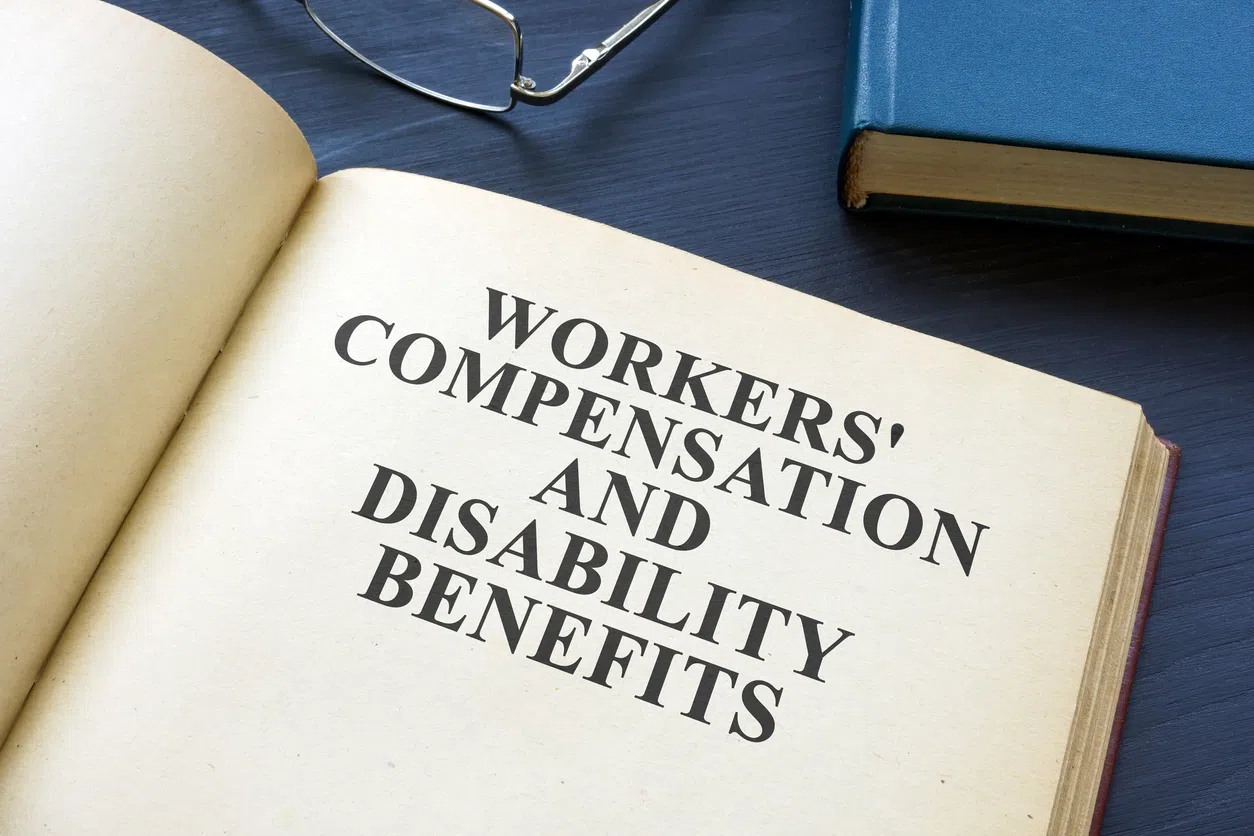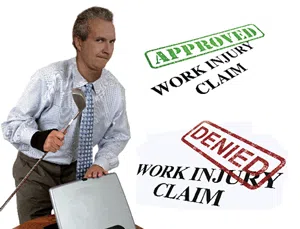Want to protect yourself and your employees — physically and financially? Here’s what you need to know before buying a worker’s compensation policy.
Workers’ compensation insurance is a form of coverage that protects business owners and their employees should they get injured or fall ill due to work-related activity.
Getting injured on the job could include hurting your back from lifting heavy machinery, getting wounded by a sharp tool or suffering from a shoulder injury due to repetitive motion. Job-related illnesses could include sickness from inhaling harmful chemicals.
Coverage
With a workers’ compensation policy, you will not have to pay for medical costs resulting from a work-related injury out of pocket. Your policy will cover the medical bills, as well as funeral expenses in the unfortunate event you or an employee die. If you or an employee requires time off work to recover, lost wages will be supplemented.
Employers’ liability, a component of workers’ compensation insurance, protects your business financially from claims regarding negligence or an unsafe work environment.
Should an employee file a lawsuit, attorney’s fees, settlements, and other court costs will be covered by your workers’ comp policy.
Eligability
All businesses are eligible for workers’ comp. Whether you’re a one-person operation with no employees, or a large company with dozens of employees, this type of coverage is recommended to keep you and your business safe.
Business entities eligible for workers’ compensation:
- Sole proprietors
- LLCs
- Partnerships
- S-Corps
- C-Corps
Why?
If you want to protect yourself, your employees and your business physically and financially, you need workers’ comp coverage. Without this policy, if an accident occurs, you will be held responsible. You will have to take money from your business or your personal pocket to pay for your or an employee’s injury.
Paying for workplace accidents can be very costly. Having to pay for damages out of your personal or your business account can potentially put you out of business. With workers’ compensation insurance, you (and your business) will be financially protected.
Requirements
You may be required to have workers’ compensation insurance by the state, or by the party that is hiring you.
Whether the party hiring you is a general contractor or a homeowner, they may require you to have a Certificate of Insurance in order to work for them. Many hiring parties mandate proof of insurance to take the liability off of themselves.
If you have employees, many states will require that you have workers’ compensation insurance. Sometimes there are minimum requirements, however. For example, if you work in Alabama and have fewer than five employees, you are not required to have workers’ compensation insurance.
Just because you’re required to have coverage because you have employees doesn’t necessarily mean you’re required to have coverage for yourself. Some entities have the option to exclude themselves from coverage, which would lower their insurance premium.
Keep in mind, however, just because you’re not required to provide workers’ compensation insurance for your employees doesn’t mean you will not be responsible in the event of an employee injury.
Employers are almost always held liable for their employees. If you have employees and do not have coverage, be prepared to foot the bill if someone gets hurt.
Health & Accident Insurance
When you think about getting hurt, two insurance coverages often come to mind: Workers’ compensation insurance and health insurance. But having one, and not the other, can be tricky.
If you have workers’ comp, but end up tripping on the sidewalk and fracturing your ankle outside of work, your workers’ comp policy would not pay the damages. You would need health insurance to cover a personal medical expense.
The reverse is also true: If you get hurt on the job, your health insurance may not pay the medical bills. To be compensated for work-related injuries, you would need a workers’ comp policy.
While workers’ comp coverage is limited to accidents that occur while working, accident insurance provides you 24/7 protection on or off the job. Regardless of whether or not you have health insurance or workers’ comp insurance, this policy helps pay medical and non-medical expenses that result from an accident.
Accident insurance stays with you — so even if you change jobs, your policy remains the same.
The great thing about this coverage is that its month-to-month, with no commitment. And, accident coverage is very affordable, less than $20 per month.
Types of Workers’ Comp Insurance
It depends on what you do, where you live and how many employees you have. If you are a one-person operation with no employees, you may only need a minimum premium workers’ comp policy, commonly referred to as a ghost policy.
Ghost policies are essentially the most affordable form of workers’ compensation on the market. They provide the owner their Certificate of Insurance, while excluding them from coverage. This makes it easy to get hired, and helps you save money. Some ghost policies are combined with a bonus accident policy, which provides 24-hour accident coverage.
If you’re a larger operation, a traditional workers’ comp plan may be the right fit for you. And, you would likely opt to be included in coverage. Regardless of whether or not you include yourself in coverage, your employees will be covered either way.
Workers’ compensation is all about managing risk.
Not sure what type of workers’ compensation insurance is best for your business? Speak with an expert to learn about what level of coverage is right for you.
Coverage Cost
Workers’ compensation insurance rates depend on many factors. The minimum premium (which is the lowest price available) for many states is $750 for an independent contractor.
Workers’ comp rates also depend on what you do, where you live and how many employees you have. Because this form of insurance is based on payroll, the more employees you have, the greater the cost of your insurance policy.
If you’ve had workers’ compensation insurance previously, your MOD (which is based on your loss history) will also play a factor in determining workers’ comp cost.
Workers’ compensation policies are audited at the end of each year to make sure the premium (price) is correct. Basically, you’re charged a premium at the beginning of the period based on your estimated payroll for the year. The audit double checks that the estimate was correct and adjusts it accordingly.
Think of it as a good thing: you end up paying exactly what you should. Nothing more and nothing less.





